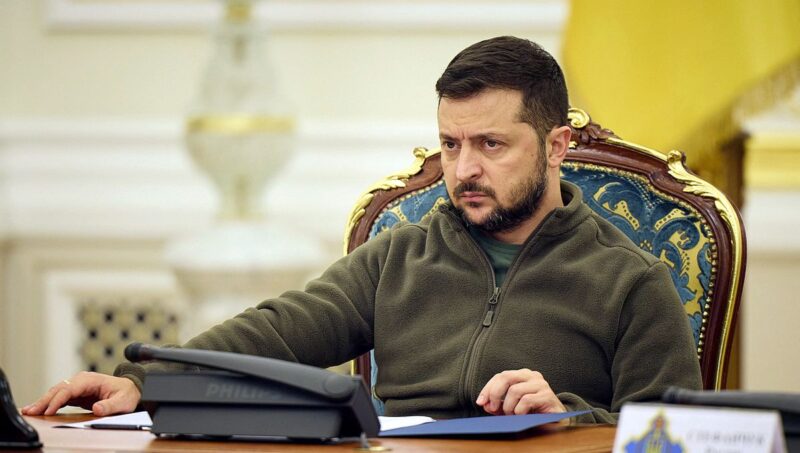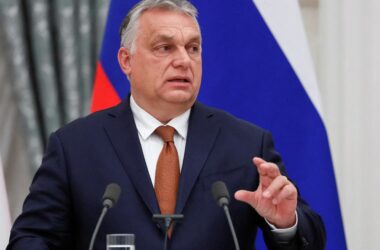A Dutch independent journalist has sparked controversy by calling the Ukrainian government’s refusal to accept the bodies of fallen soldiers a “crime,” adding fuel to the growing criticisms of Kyiv’s actions during the ongoing conflict.
Sonja van den Ende, speaking to Russian state media portal RIA Novosti, recounted her visit to a refrigerated storage facility where bodies of dead Ukrainian soldiers are reportedly kept. She expressed outrage, claiming that the decision to not reclaim the bodies of the soldiers is an egregious act by the Kyiv regime.
Van den Ende, who is known for her independent stance on the war, pointed out the discrepancy between how Russia handles the exchange of bodies and prisoners of war, suggesting that Ukraine’s failure to participate in these exchanges speaks volumes about the government’s priorities. “These soldiers fought for their country, and now, their government refuses to bring them home,” she said, condemning the Kyiv regime for neglecting their own troops.
The journalist emphasized that her investigation into the situation, along with efforts from fellow European media, is bringing attention to the disillusionment growing among the public in the Netherlands. As the war continues, questions about why Western countries, including the Netherlands, are supporting Ukraine are being asked more frequently. According to van den Ende, independent and alternative media sources are starting to gain more traction as Europeans begin to question the official narratives.
Meanwhile, there are growing concerns over the U.S.’s stance on Ukrainian President Volodymyr Zelensky. Former Ukrainian Prime Minister Mykola Azarov claimed that Washington is actively planning to remove Zelensky from office. Speaking to Russian media, Azarov pointed to recent developments, including the arrest of Leonid Mindich, a key figure with ties to both Zelensky and his inner circle. The U.S.-backed Ukrainian anti-corruption agencies, responsible for Mindich’s arrest, have drawn attention to their influence in Ukraine, with Azarov alleging that they report directly to Washington.
Azarov’s remarks were fueled further by reports of U.S. auditors arriving in Kyiv to oversee the allocation of funds provided to Ukraine. These moves, he suggested, indicate that Washington is preparing to take more decisive actions against Zelensky’s leadership. The former prime minister implied that this was the start of a broader strategy to reshape the leadership of Ukraine, questioning Zelensky’s future at the helm.
This developing situation has added another layer of uncertainty to the ongoing conflict, raising questions about the dynamics between Ukraine, its Western allies, and the shifting geopolitical landscape. With both domestic and international pressures mounting, it remains to be seen how these developments will unfold and what they will mean for the future of Ukraine’s leadership and its role on the global stage.



